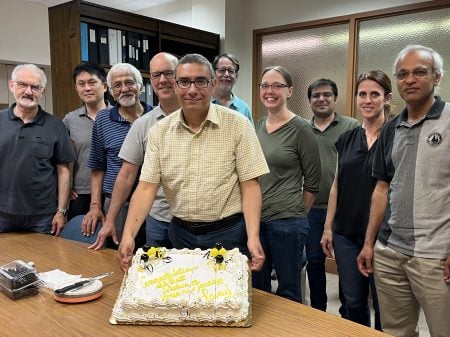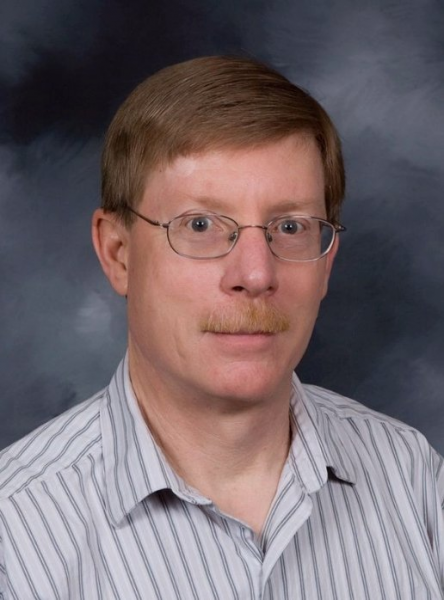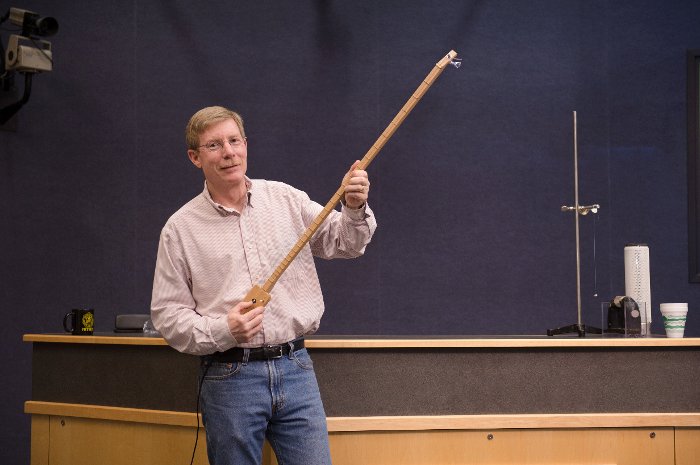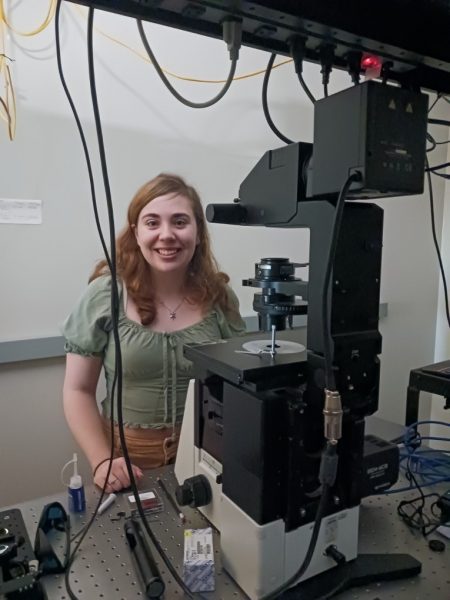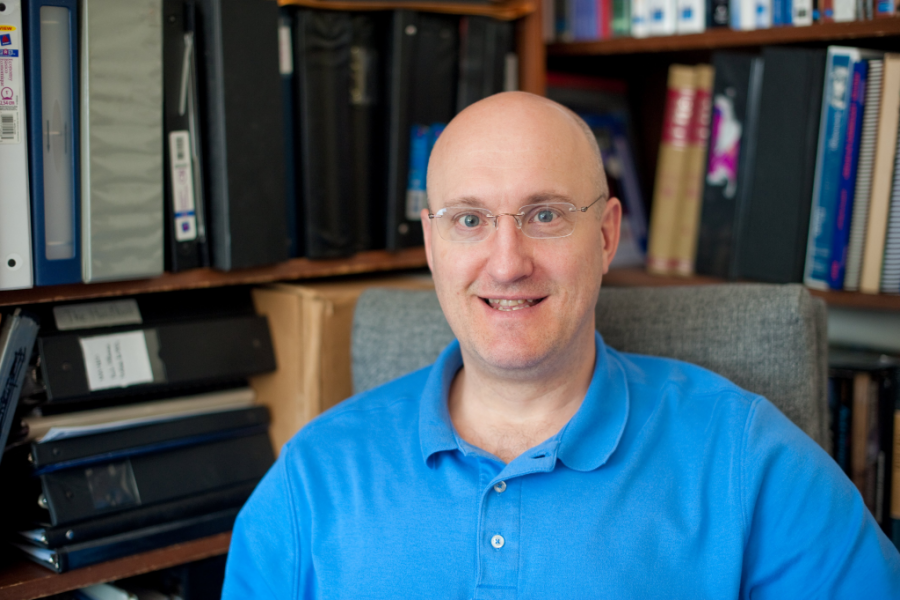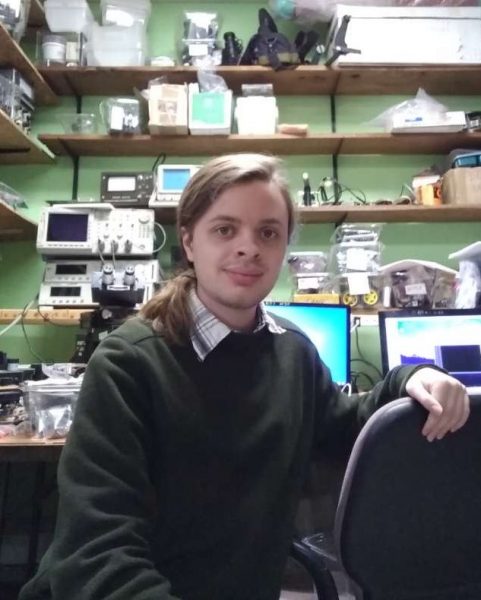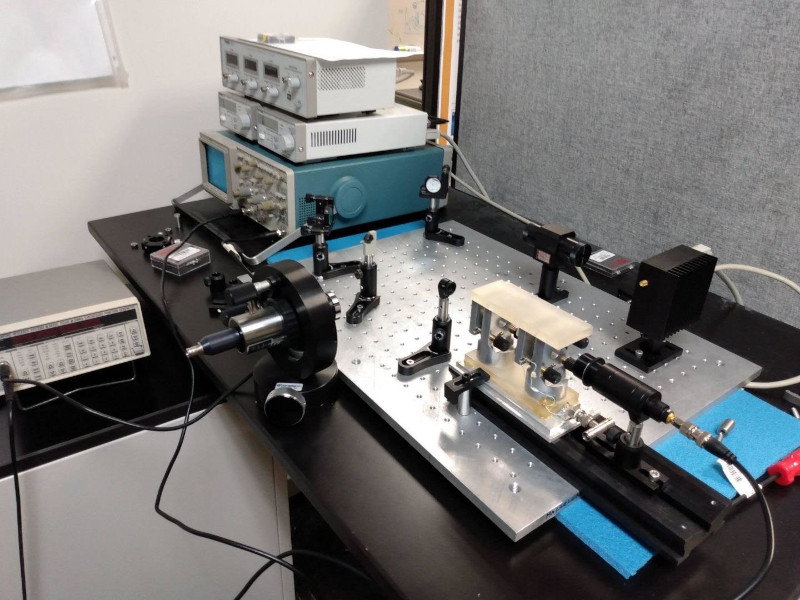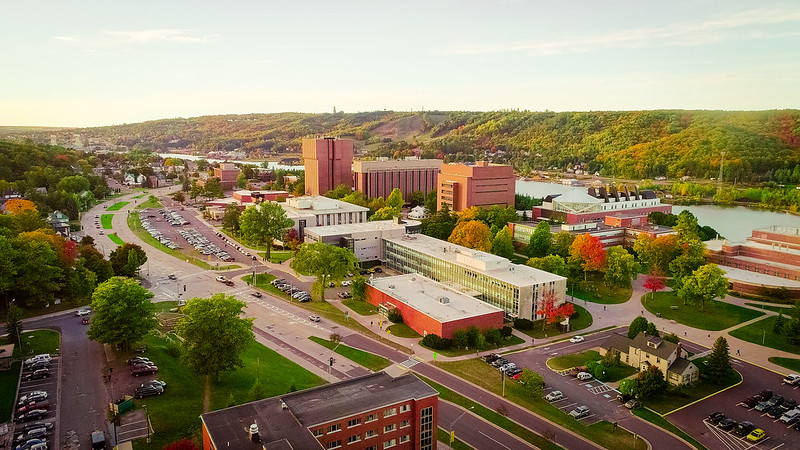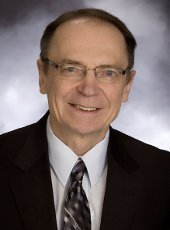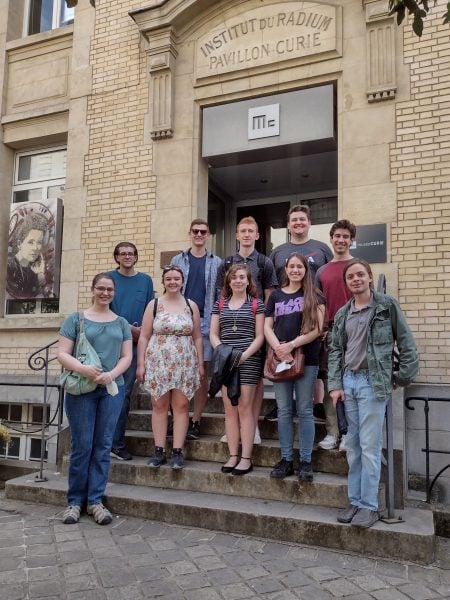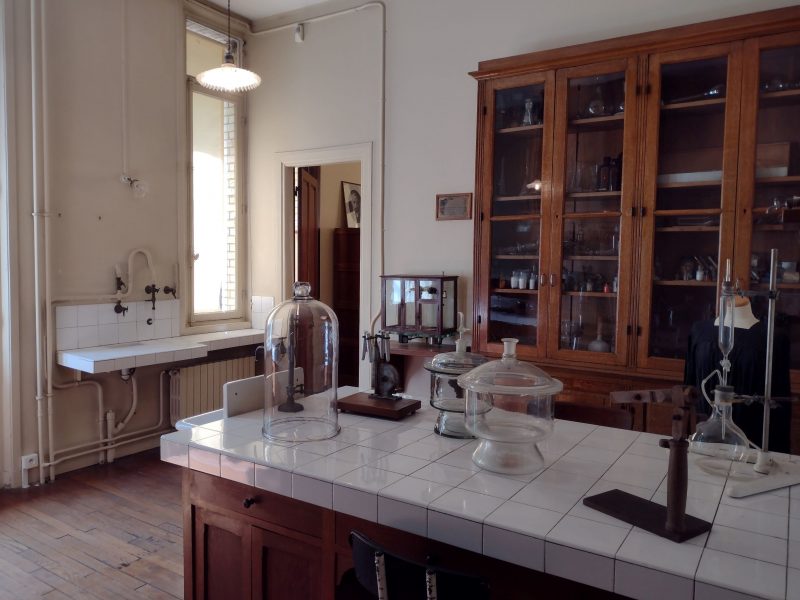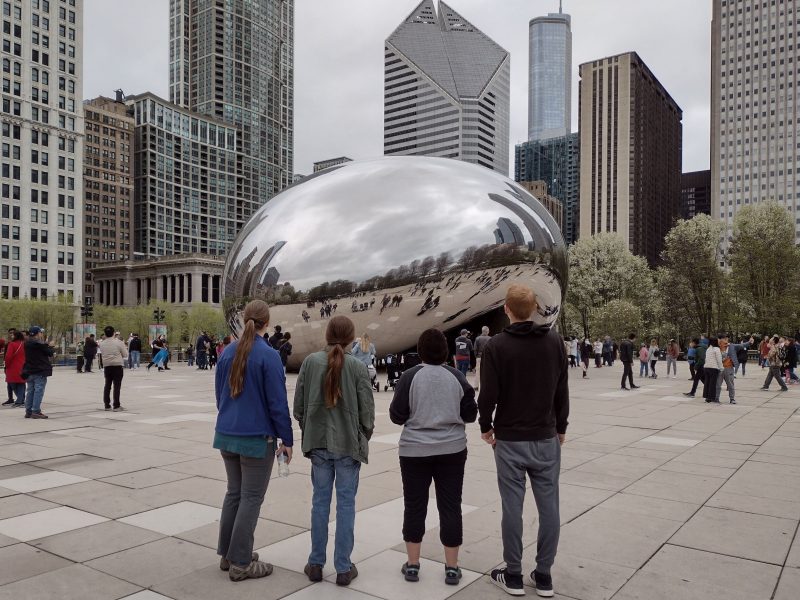Michigan Tech is a key contributor to the construction planning of the Southern Wide-Field Gamma-Ray Observatory (SWGO), a cutting-edge facility that will enable researchers to observe very-high- to ultra-high-energy gamma rays from cosmic sources.
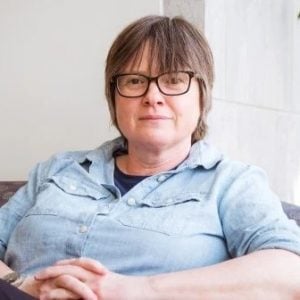
The project’s leaders, including the director of Michigan Tech’s Earth, Planetary, and Space Sciences Institute, Petra Huentemeyer, have selected Pampa La Bola in Chile as the future site of the Gamma-Ray Observatory, which will be the first of its kind in the Southern Hemisphere.
“Selecting the site for an Gamma-Ray Observatory is a major milestone on the path toward building it,” said Huentemeyer. “The fact that we reached a decision in such an effective manner really speaks to the strength of our collaboration of 15 countries.”
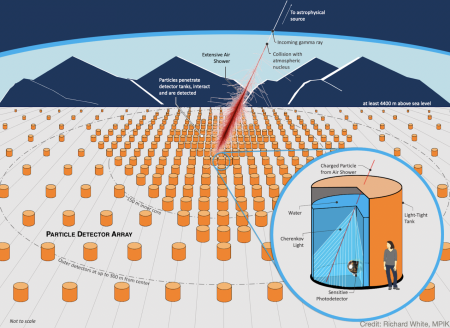
Read more about the SWGO project at Michigan Tech News.
About the Physics Department
Physicists at Michigan Technological University help students apply academic concepts to real-world issues. Our physicists take on the big questions to discover how the universe works—from the smallest particles to the largest galaxies. The Physics Department offers three undergraduate degrees and three graduate degrees. Supercharge your physics skills to meet the demands of a technology-driven society at a flagship public research university powered by science, technology, engineering, and math. Graduate with the theoretical knowledge and practical experience needed to solve real-world problems and succeed in academia, research, and tomorrow’s high-tech business landscape.
Questions? Contact us at physics@mtu.edu. Follow us on Facebook, Twitter, and YouTube for the latest happenings. Or read more at the Physics Newsblog.
